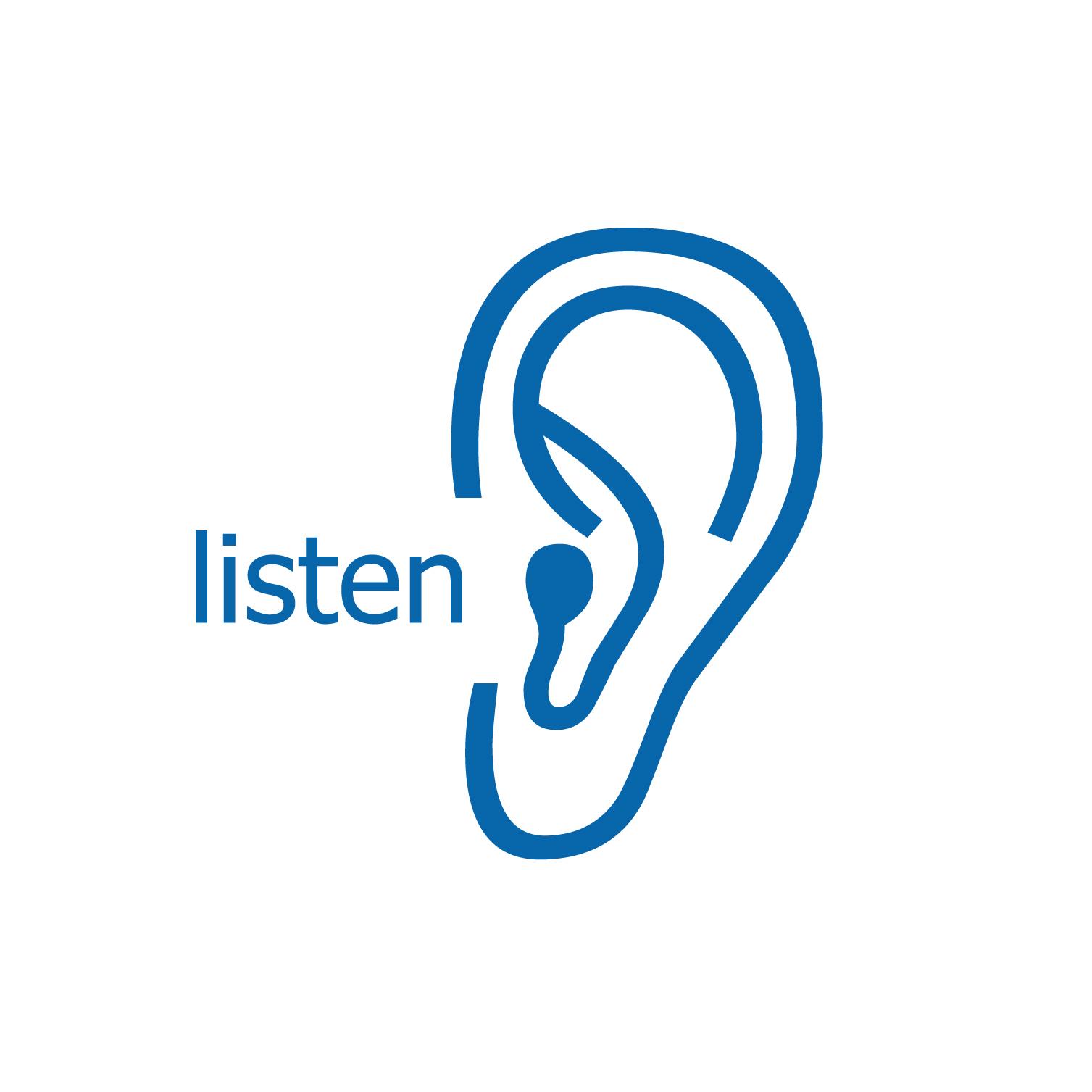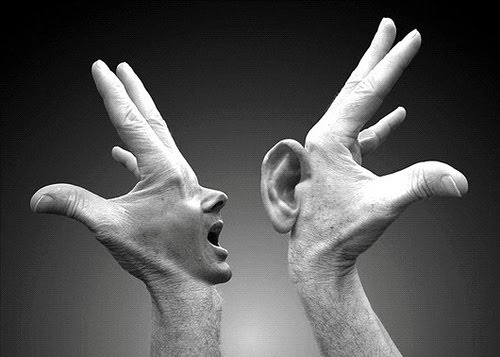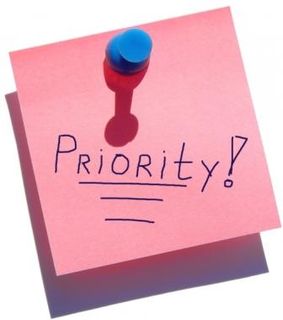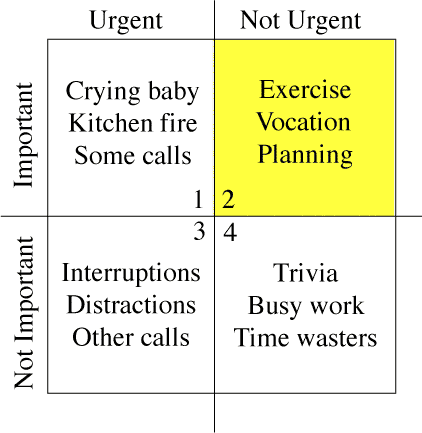The 7 Habits of Highly Effective People
By Stephen R. Covey [The following is a synopsis of The 7 Habits]
HABIT 7: Sharpening the Saw. 
[IMAGINE THIS SITUATION]: Someone is sawing down a tree. You say, “What are you doing?” She says, “It’s obvious that I’ve been sawing this tree for hours.” You say, “I bet you’re tired.” She responds, “You have no idea.” You say, “Well why don’t you sharpen the saw?” She says, “’cause I’m too busy sawing, you goof!”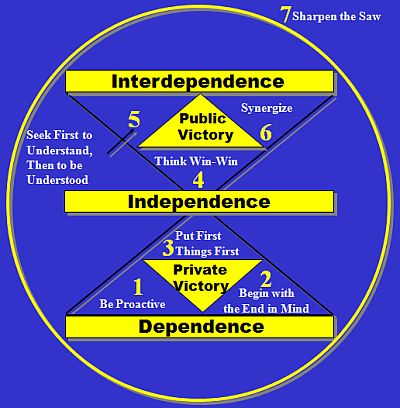
Take Time to Sharpen the Saw:
Have you ever been too busy driving to take the time to get gas?
Sharpening the saw means preserving the four dimensions of your nature.
Your physical self: stretching aerobics, exercise. Maintain your repertory system. The key to energy is oxygen.
Your mental self: Read, learn constantly, seek to understand the world around you.
Your spiritual self: Renew your commitment to your value system. Do it in a way that is congruent with your own philosophy. Think deeply about fundamental issues> it is providing leadership. Then the mental planning is habit 3. You visualize your roles and goals each week, then you review that each day you are also in habit 3.
Your social emotional self: Do Habits 4, 5, 6. You will seek a win/win, listen, a provide creative problem solving. Come up with a better psychological agreement. If it is well done in a balanced and regular way, you will entrench the 7 Habits.
You need to exercise these four dimensions REGULARLY. This will help to maintain the other 6 Habits of Highly Effective People.



